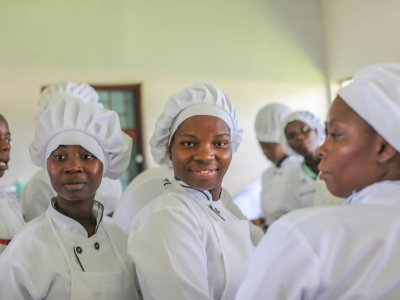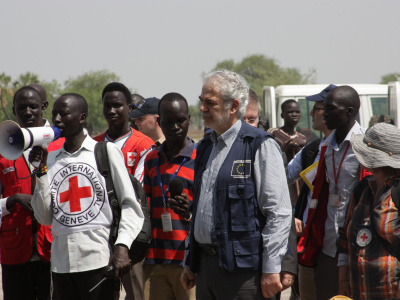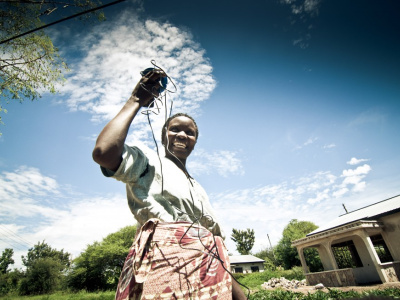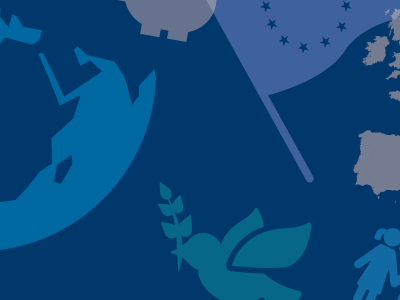Dear European leaders,
Development cooperation is an important tool to demonstrate the EU’s position as a key international player. The EU and its member states are the biggest providers of aid in the world, and this has made a great contribution to world development.
But today’s context is one of global shift. EU development policy has to be readjusted accordingly, by drawing lessons from Europe’s own experiences and sharing those experiences with other development partners.
Recently, in the face of the multiple crises Europe has experienced, EU development policy has undergone a lot of visible change. More money is now allocated to fighting illegal immigration instead of poverty reduction; more aid is focused on origin or transit countries of immigration instead of those highly in need of aid to meet basic needs.
China, as one of the most important emerging players in global development area, would like to share experiences with EU to join hands and achieve the 2030 Agenda for Sustainable Development. Here are some thoughts on possible EU development policy adjustments.
First and foremost, the EU needs to deliver on its 0.7% commitment. In 2017, only four EU member states exceeded the 0.7% allocation, while twelve EU countries and EU institutions saw a fall in aid spending.
Secondly, the EU should reprioritise poverty reduction in development cooperation. In dealing with the refugee crisis, the EU has highly instrumentalised its development cooperation policy to serve the purpose of fighting illegal immigration. This has diverted a lot of resources away from poverty reduction. Subordinating development policy to immigration control policy not only damages EU global efforts to achieve the Sustainable Development Goals, but also threatens its own international identity as a key development actor.
Thirdly, the EU should think again about imposing political conditionalities when providing aid. Traditional donors have learned hard lessons in their cooperation with developing countries. They generally understand that though lack of development comes from wrong policies, imposing policy adjustments on aid recipient countries comes at the cost of ownership. The fact that ownership has to be put first is based on two basic truths. First, there can be no ‘one size fits all’ development model. Second, any economic structural reform or political reform has to be carried out by the country itself to be successful. It cannot be imposed externally. In a study ranking the most pressing problems in the international development cooperation system from an African perspective, donor-driven priorities ranked among the first.
Last but not least, aid alone will never achieve development. A more comprehensive toolbox is needed, including trade and investment instruments. The EU has progressively evolved to the approach of ‘going beyond aid’ with more focus on the role of private funds. Of similar importance is for the EU to realise the different development stages of its partners. That requires the EU to readjust its policy positions while advocating for the principle of “reciprocity” in trade partnership negotiations.
About the author
Dr Jin Ling
Senior Research Fellow
Deputy Director of the Department of European Studies
China Institute of International Studies
Read the full magazine issue









